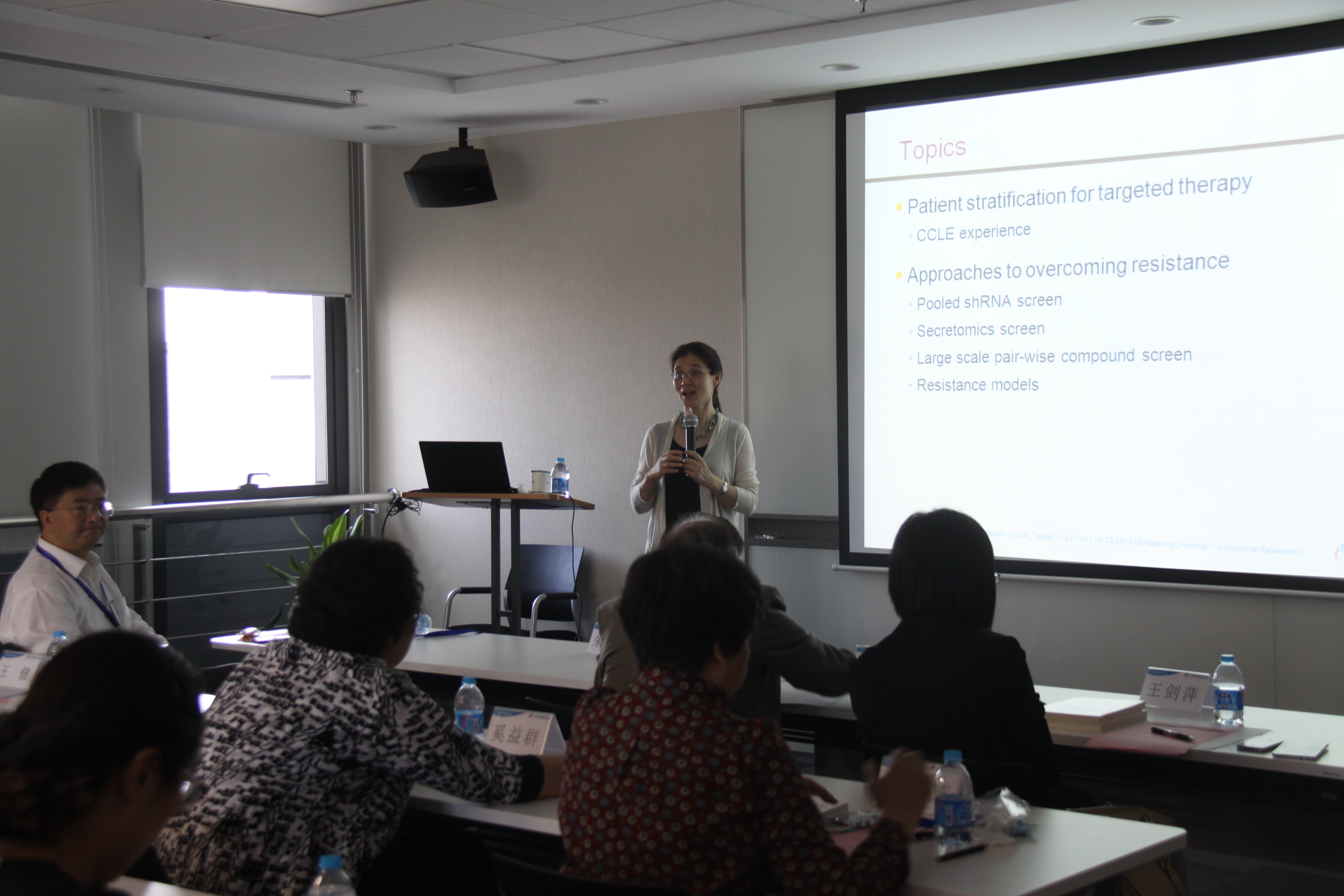|
the training on the topic of “genetic analysis technology and its application: is china ready?” was successfully held
the training on the topic of “genetic analysis technology and its application: is china ready?” was successfully conducted in the meeting room of scrc. this training was hosted by scrc and sci-tech education division of shanghai health and family planning commission, co-organized by shanghai medical ethics commission. its goal was to further investigate the prospect of gene detection technology on the basis of understanding the current situation of the application of gene detection technology. more importantly, it played a role in guiding the researchers, from the perspective of ethics, to strictly follow the relevant norms and principles in clinical application of gene detection technology, so that the close unity between scientific pursuit and humanistic philosophy can be truly realized.
the training invited many reputed exerts in the medical filed as the distinguished trainers, including associate professor zhu wei of center for applied ethics at fudan university, prof. shen mingxian, researcher of shanghai academy of social sciences, dr. yao yao, research director of tumor translational medicine division of china novartis institutes for biomedical research co., ltd. (cnibr), and dr. wangjian, an experienced expert in the field of gene detection. they discussed many issues in the field of gene detection, specifically on the development of genomics internationally and domestically, discrimination in gene sequencing, dilemma in gene research, science of regulatory management of gene detection, and the status quo and prospect of the application of gene detection technology, etc.
about 30 experts, scholars, researchers and medical works from hospitals, research institutes and pharmaceutical companies attend the training, and they made warm discussion between each other after the lectures, expressing that they got more knowledge about the development and application of gene detection technology, especially knowledge of the actual operation of such technology in clinical practice. for one thing, they had clearer idea of the status quo of gene detection technology. and for another they could learn how to ethically normalize its application so as to seek in clinical practice the balance between scientific technology and ethics.

|

